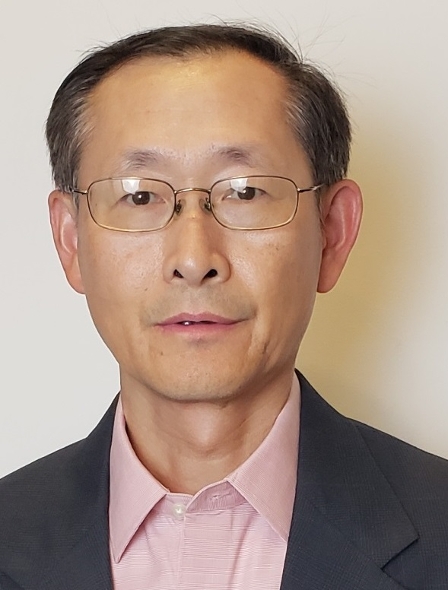Biography
Research Topics
Adipose, Aging, Allergy, Alzheimer's Disease, Anti-Tumor Therapy, Apoptosis/Cell Death, Autism, Autophagy, Axonal Growth and Degeneration, Bioinformatics, Bone Biology, Bone Metabolism, Brain, Cancer, Cancer Genetics, Cell Cycle, Cerebral Cortex, Cognitive Neuroscience, Computational Neuroscience, Diabetes, Epigenetics, Gene Discovery, Gene Expressions, Gene Regulation, Gene Therapy, Genetics, Genetics of Movement disorders, Genomics, Glutamate (NMDA & AMPA) Receptors, Glutathione, Hippocampus, Human Genetics and Genetic Disorders, Image Analysis, Immunology, Infectious Disease, Inflammation, Liver, Lung, Mathematical Modeling of Biomedical Systems, Mathematical and Computational Biology, Memory, Metastasis, Microarray, Microglia, Mitosis, Molecular Biology, Motor Control, Obesity, Oncogenes, Prefrontal Cortex, Protein Complexes, Protein Folding, RNA Splicing & Processing, Tumor Suppressor Genes, Tumorigenesis
Adipose, Aging, Allergy, Alzheimer's Disease, Anti-Tumor Therapy, Apoptosis/Cell Death, Autism, Autophagy, Axonal Growth and Degeneration, Bioinformatics, Bone Biology, Bone Metabolism, Brain, Cancer, Cancer Genetics, Cell Cycle, Cerebral Cortex, Cognitive Neuroscience, Computational Neuroscience, Diabetes, Epigenetics, Gene Discovery, Gene Expressions, Gene Regulation, Gene Therapy, Genetics, Genetics of Movement disorders, Genomics, Glutamate (NMDA & AMPA) Receptors, Glutathione, Hippocampus, Human Genetics and Genetic Disorders, Image Analysis, Immunology, Infectious Disease, Inflammation, Liver, Lung, Mathematical Modeling of Biomedical Systems, Mathematical and Computational Biology, Memory, Metastasis, Microarray, Microglia, Mitosis, Molecular Biology, Motor Control, Obesity, Oncogenes, Prefrontal Cortex, Protein Complexes, Protein Folding, RNA Splicing & Processing, Tumor Suppressor Genes, Tumorigenesis
Multi-Disciplinary Training Area
Genetics and Genomic Sciences [GGS], Neuroscience [NEU]
Genetics and Genomic Sciences [GGS], Neuroscience [NEU]
